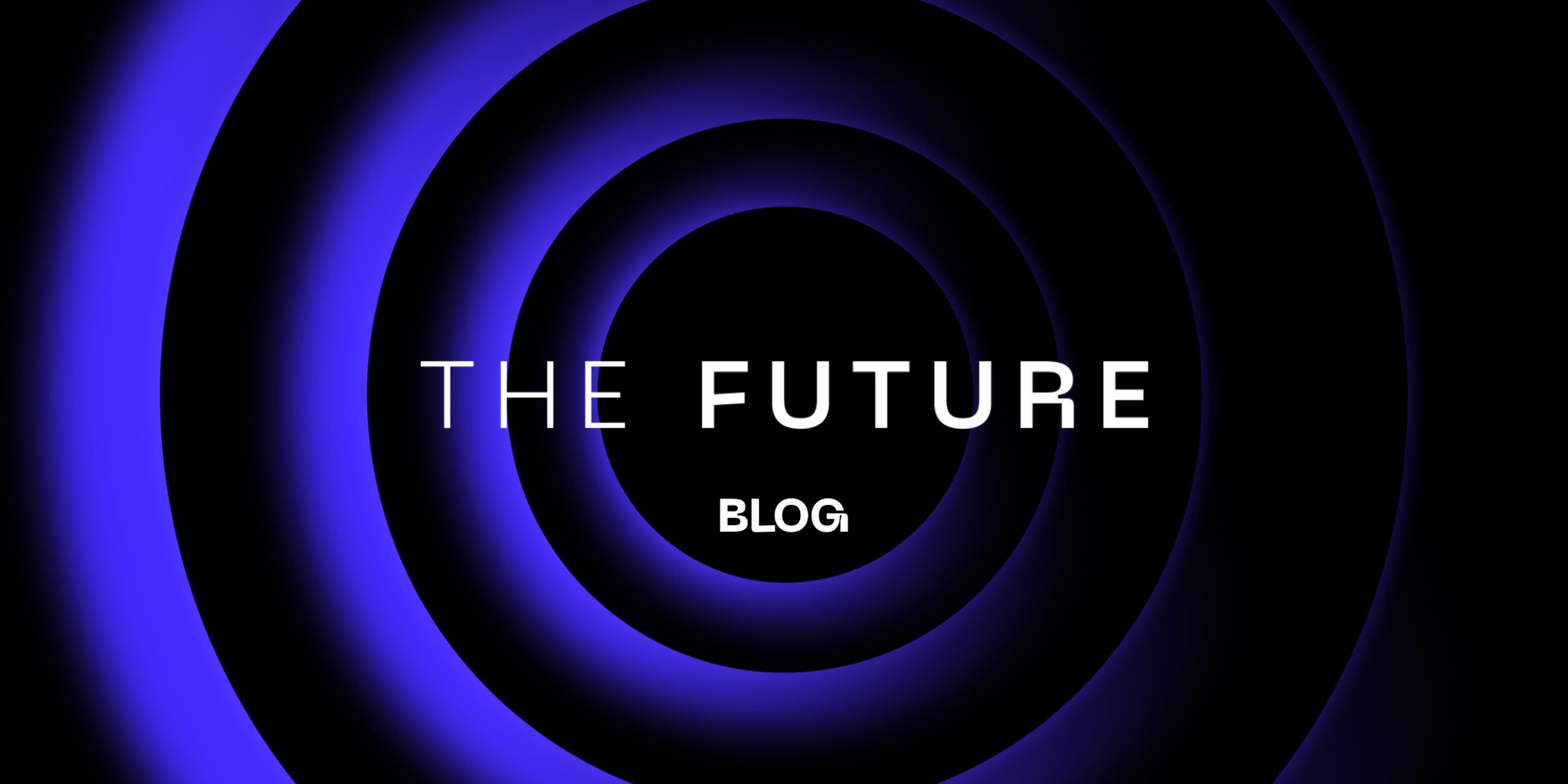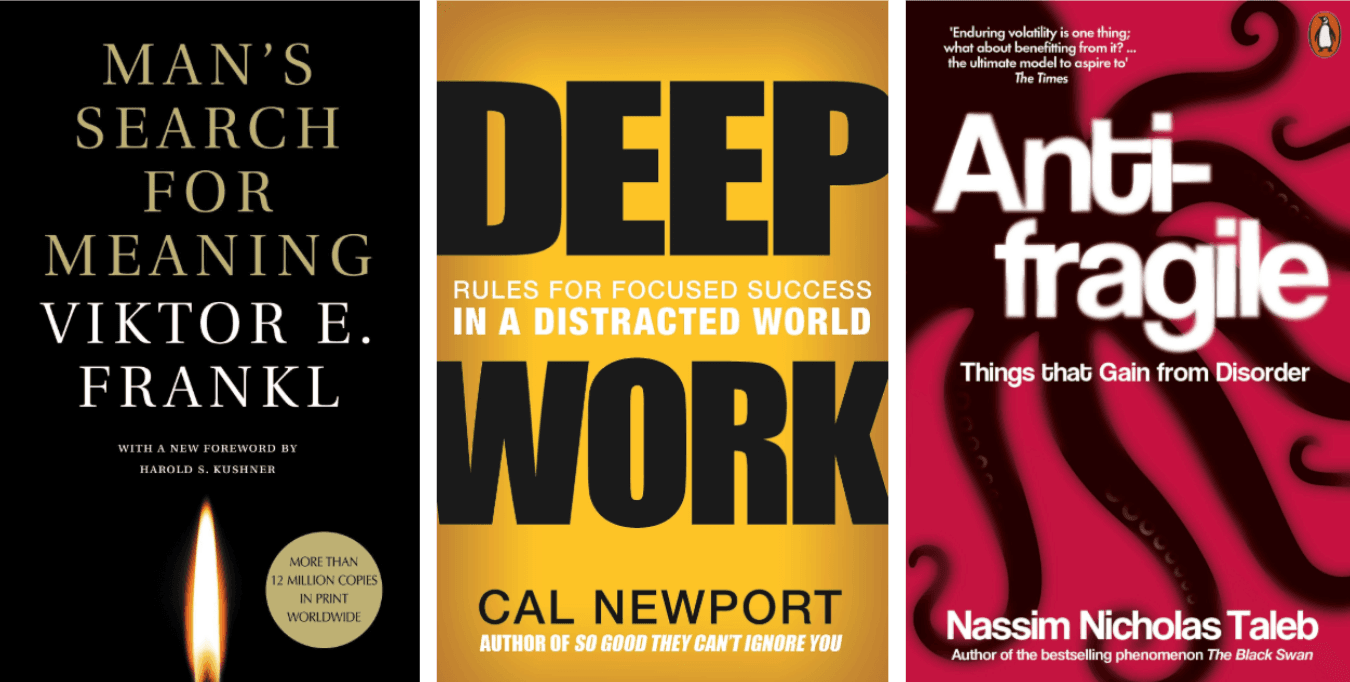
<100 subscribers
For the past few days, I’ve been reading multiple books together instead of finishing one a day.
Not to consume faster, but to connect ideas, to see where thoughts overlap and truths repeat themselves.
Today’s reflection weaves three voices:
Viktor E. Frankl’s Man’s Search for Meaning,
Nassim Nicholas Taleb’s Antifragile,
Cal Newport’s Deep Work.

Each book faces pain, uncertainty, and distraction differently but all whisper the same truth: growth is not comfort; it’s transformation.
In Man’s Search for Meaning, Frankl recounts his years in Nazi concentration camps.
He lost everything: family, freedom, future; yet he discovered something unbreakable: purpose.
“When we are no longer able to change a situation, we are challenged to change ourselves.”
Frankl watched men collapse beside him, and others survive on nothing but an idea.
That idea, that why, gave life structure in chaos.
“Those who have a ‘why’ to live can bear almost any ‘how.’”
His concept, Logotherapy, rests on this:
meaning doesn’t erase suffering; it gives it direction.
In a startup, as in life, there will be days when logic runs out.
Only meaning keeps the engine alive when reason fails.
Frankl reminds us that even despair has a lesson; if we dare to ask what it’s trying to teach.
“In some way, suffering ceases to be suffering at the moment it finds a meaning.”
Pain just sculpts us.
Taleb’s Antifragile redefines strength.
Fragile things break, robust things endure but the antifragile gains from disorder.
“The wind extinguishes a candle and energizes fire.”
Taleb challenges the modern obsession with control.
To him, chaos isn’t an error in the system; it’s the source of adaptation.
Failure reveals structure.
Volatility teaches resilience.
“Some things benefit from shocks; they thrive and grow when exposed to volatility.”
The lesson for founders is clear; stability is stagnation.
Every unexpected event is an uninvited mentor.
What survives uncertainty becomes irreplaceable.
Antifragility is not arrogance; it’s humility before randomness.
To face the unknown and keep learning is the rarest form of power.
Newport’s Deep Work turns our attention inward.
We live in an age that celebrates motion but forgets stillness.
“If you don’t produce, you won’t thrive; no matter how talented you are.”
Productivity, he argues, is not about speed but depth of focus.
Noise multiplies; attention fragments.
Yet clarity still hides in silence.
“Clarity doesn’t come from noise; it comes from solitude.”
A founder’s best ideas rarely come during meetings, they appear in quiet hours when the world fades.
Newport urges us to rebuild attention as a muscle.
To think deeply is to resist modern chaos with intent.
Frankl gives pain meaning,
Taleb turns chaos into knowledge,
Newport transforms silence into creation.
Their teachings converge into a single understanding:
hardship is not an interruption of growth, it is growth.
“Out of suffering have emerged the strongest souls;
the most massive characters are seared with scars.” -Kahlil Gibran
Scars are not the memory of loss; they are the proof of evolution.
They remind us that endurance is not about resisting pain, but about finding wisdom within it.
These books, and those we’ll explore next, share one unspoken faith; that struggle refines.
Every founder, every builder, every human who creates something real faces the same test:
not to avoid pain, but to understand it.
We’re not alone in that effort.
Others before us turned chaos into clarity, exhaustion into insight.
The process is demanding but the ability to stay through it; that’s where identity is forged.
True success is how we endure while building and that's the point...
/
Share Dialog
utkus.eth
Support dialog
Comments